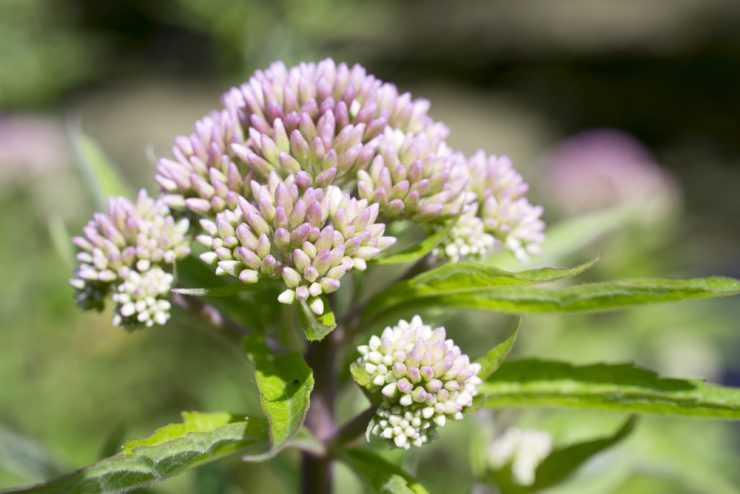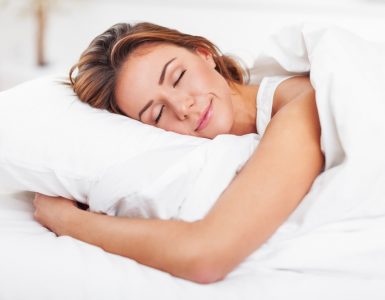Valerian, or to give it its Latin name Valeriana officinalis, comes from the Latin verb ‘valere’ meaning to be strong and healthy. This common herb is a favourite in many British gardens owing to its attractive and sweetly scented pink or white flowers. In the 16th century extracts of these flowers were used to make perfumes.
USES
In herbal medicine, valerian is considered to be one of the best herbs for treating anxiety and insomnia. It is widely available and can be found on the shelves of most health food shops and pharmacies and even in some supermarkets. Here are some of the problems this wonderful herb can help:
INSOMNIA
One of the earliest medicinal uses for valerian root was for treating insomnia and this continues to this day. Valerian contains constituents, which exert a sedative action and have a depressant effect on the central nervous system. Some studies show that valerian reduces the time it takes to fall asleep and improves the quality of sleep.
It can be a great alternative to prescribed sleeping drugs such as benzodiapines, which doctors are now reluctant to prescribe due to their addictive nature and the fact that they can cause quite severe withdrawal symptoms even after short term use.
Valerian can also be an excellent choice for those who are coming off benzodiazipines as it works in a similar way by increasing the amount of the chemical GABA (gamma-aminobutyric acid) in the brain. GABA regulates nerve cells and exerts a calming effect.
Valerian is generally considered a safe choice but it can still cause side effects in some people such as headaches and daytime drowsiness; in this instance a reduction in dose is recommended.
It should not be taken alongside other sedatives such as tranquilizers and sleeping pills and may also interact with strong painkillers, tricyclic antidepressants, some antihistamine medications and alcohol.
ANXIETY
Valerian is a great remedy for treating anxiety. Its mode of action is the same as when used for insomnia but for anxiety lower doses are recommended to avoid excess sedating effect. Your ability to drive may be affected by valerian so always check how this herb affects you before taking. It works really well when combined with other anxyolitic herbs such as camomile and lemon balm.
PAIN
Valerian has an antispasmodic effect that can prove really useful in managing pain, in particular nerve pain. It is especially indicated for conditions such as sciatica, shingles, migraine and neuralgia. It is also great for period pain especially when combined with other herbs such as Guleder rose (viburnum opulus).
DID YOU KNOW?
Humans aren’t the only species to enjoy the effects of valerian. In France, the common name for valerian is ‘herbe aux chats’. If you are a cat owner, you may struggle to grow this plant in your garden, as cats love to dig up the roots and destroy the plant. It seems to have a similar effect to catnip. The dried root found in capsules has a very pungent and quite unpleasant smell, which again cats love. So don’t be surprised if your cat takes a keen interest in your valerian capsules – you might want to stash them away in a drawer and preferably in a sealed bag!























